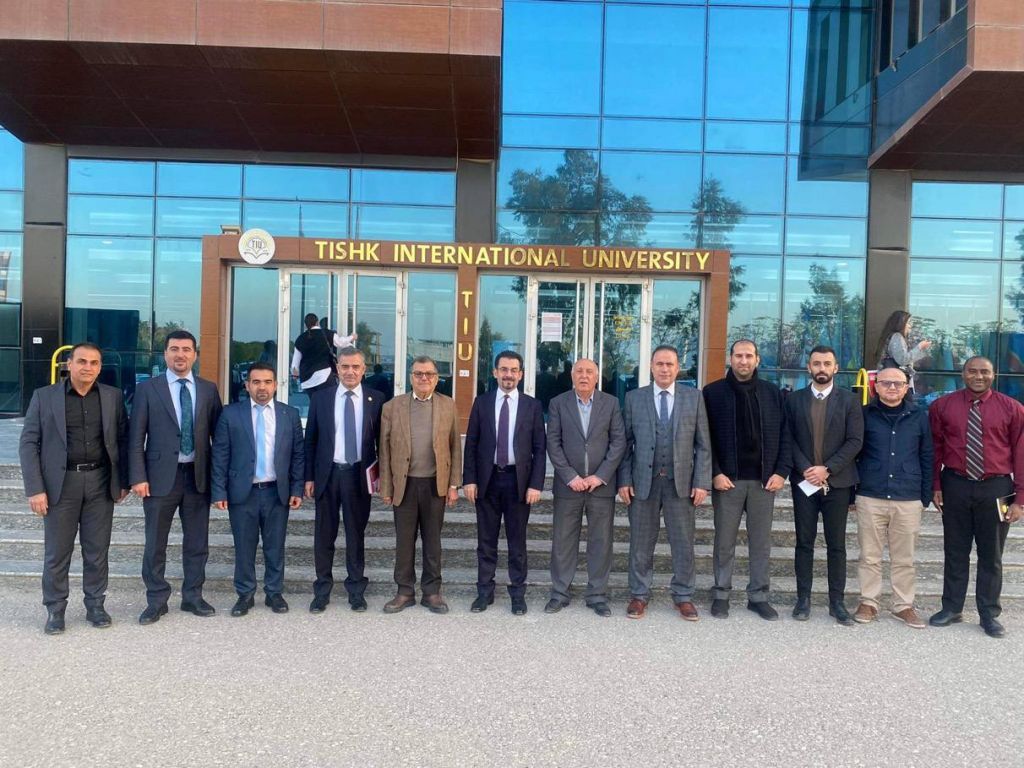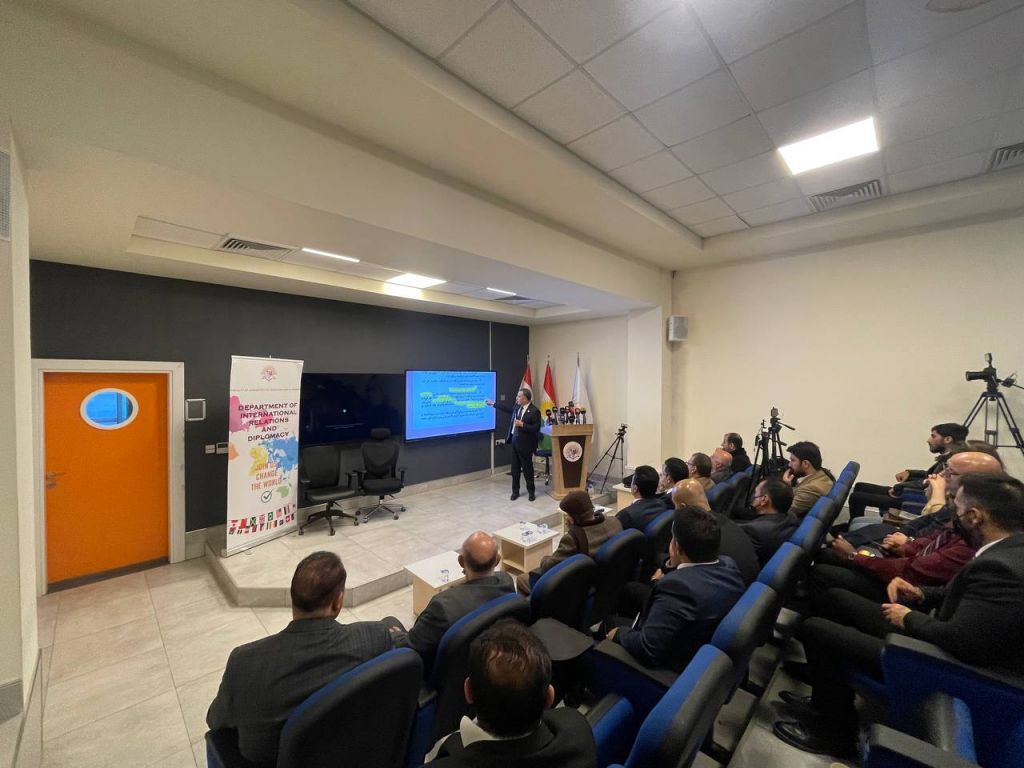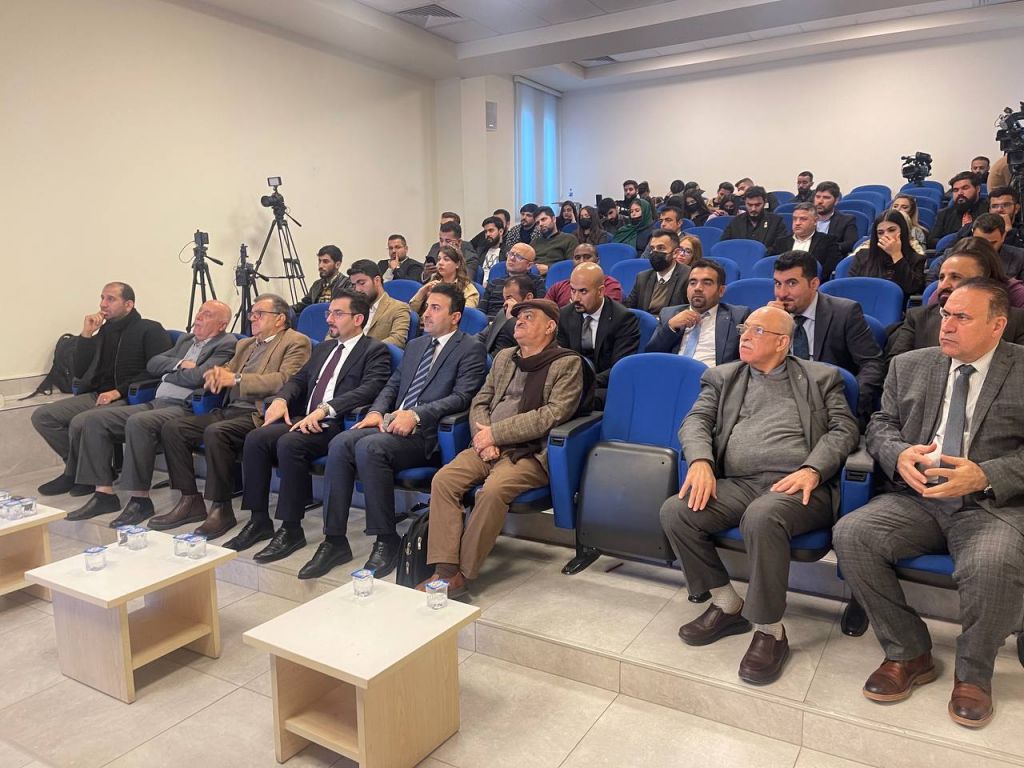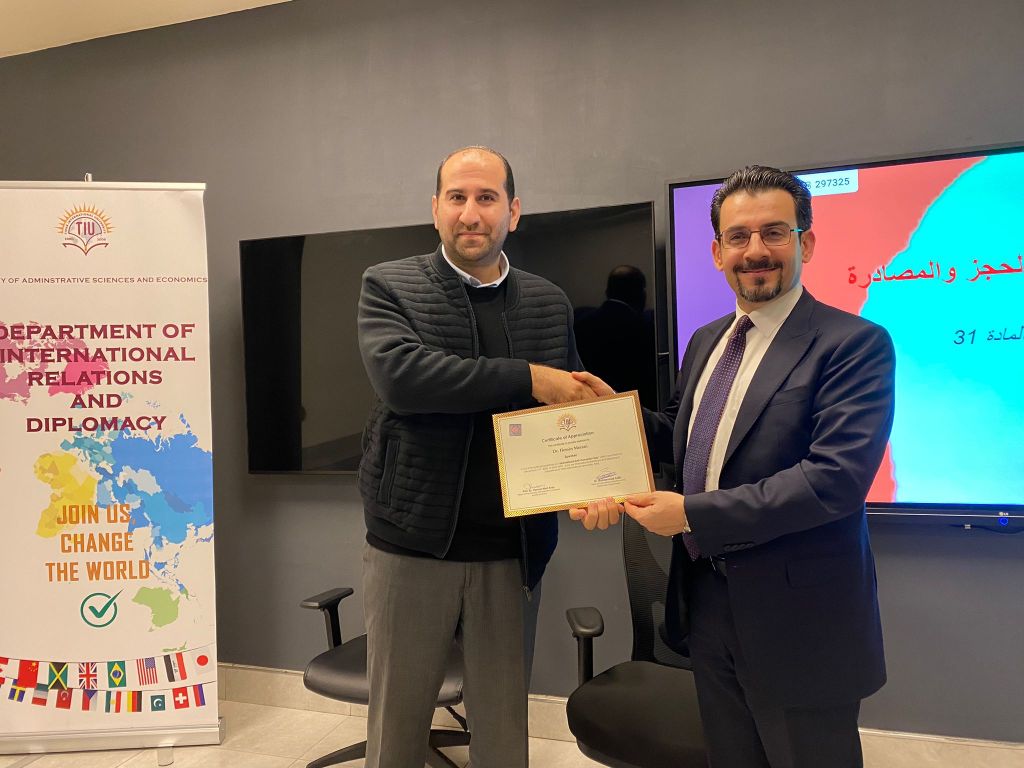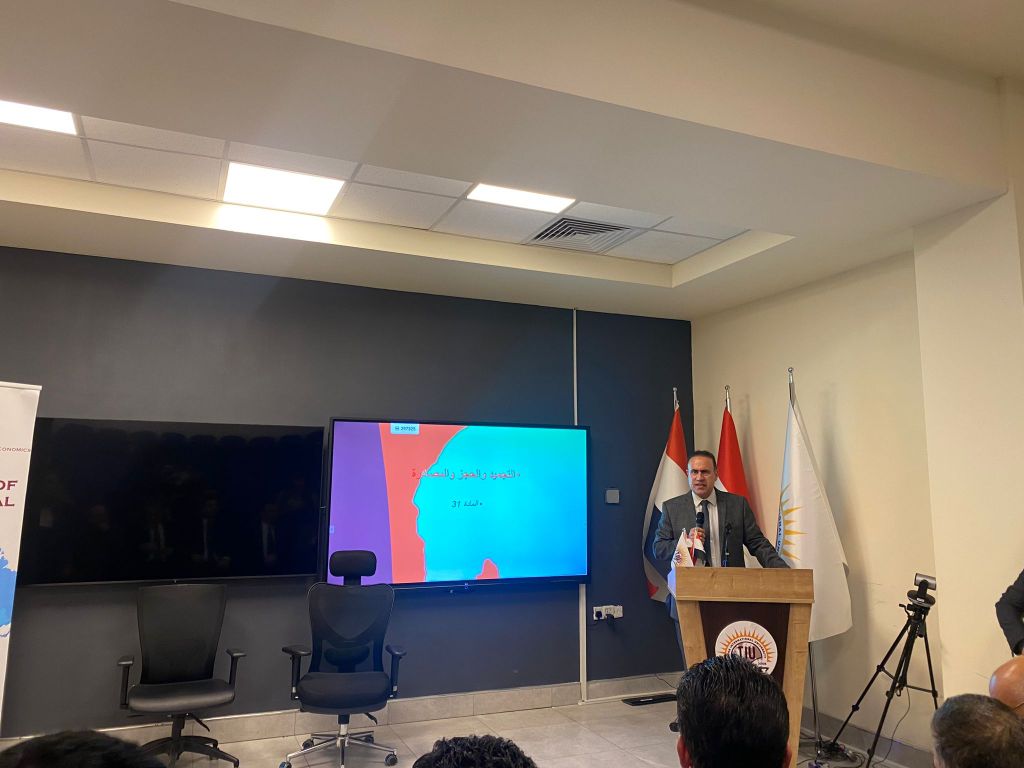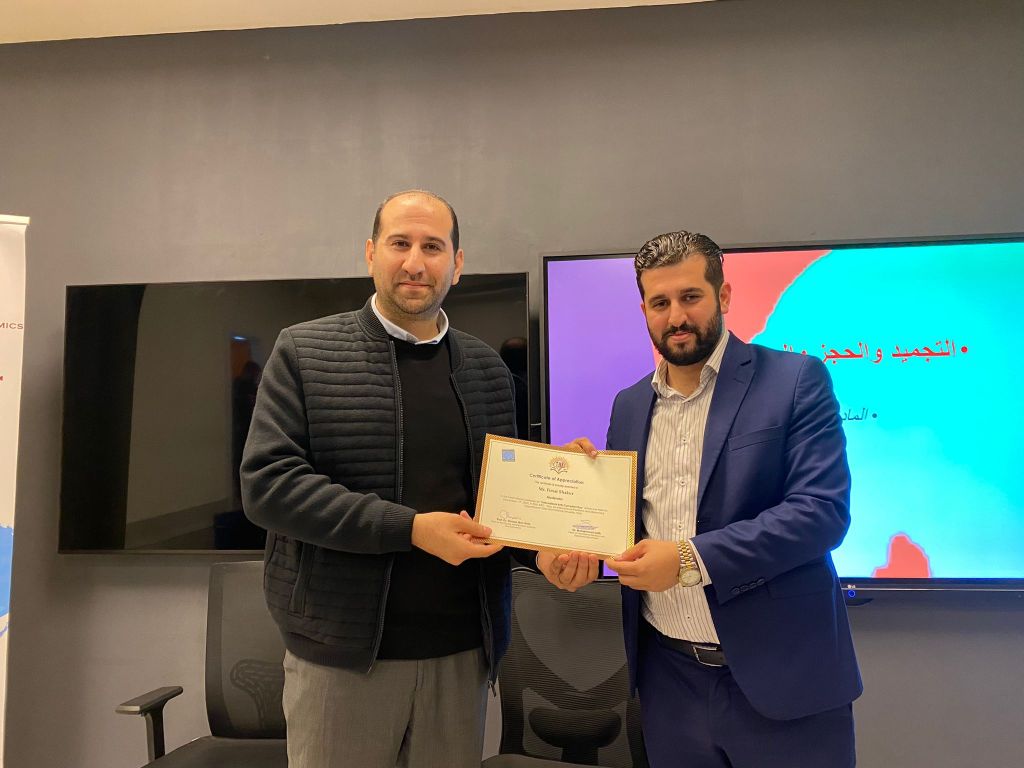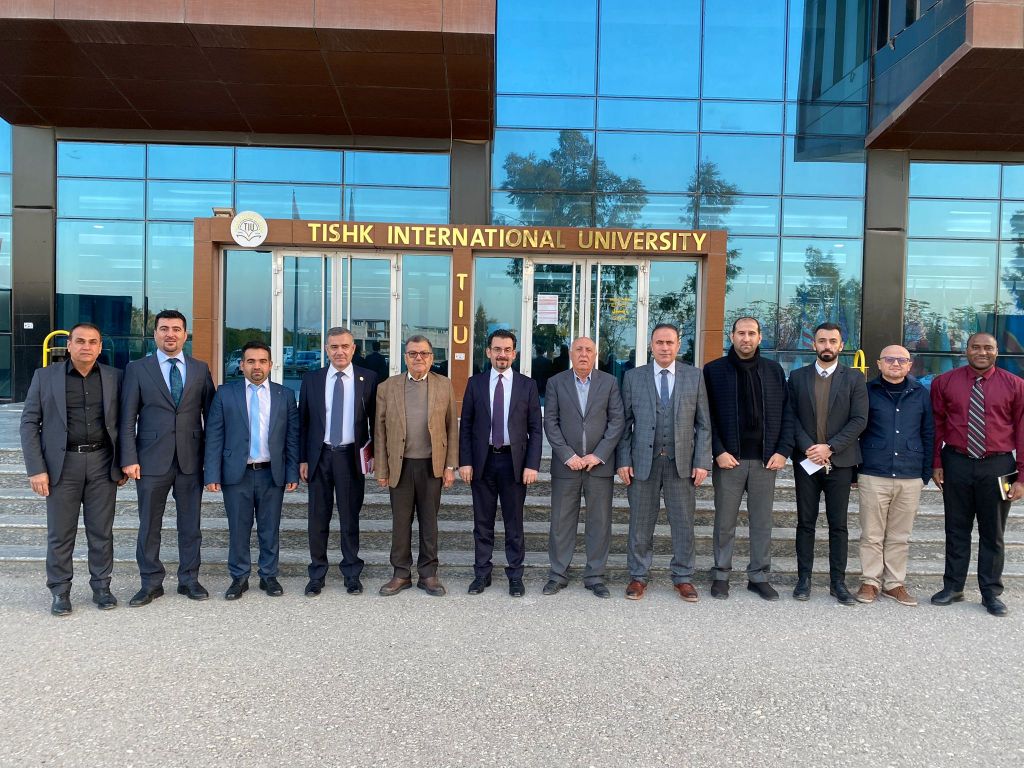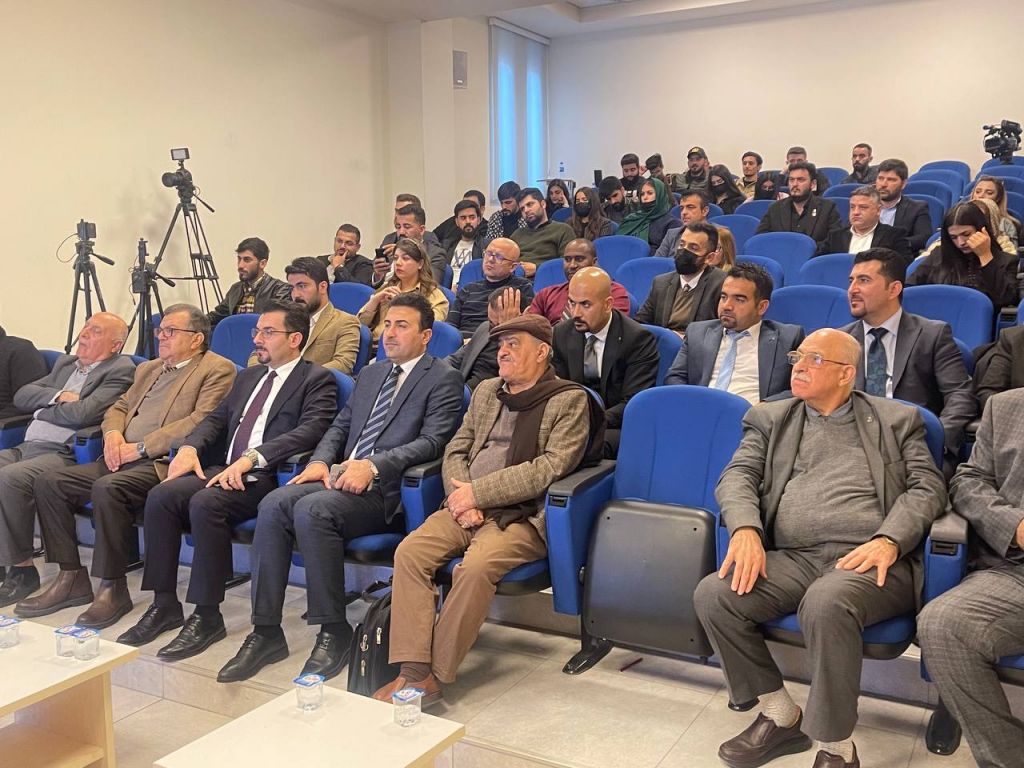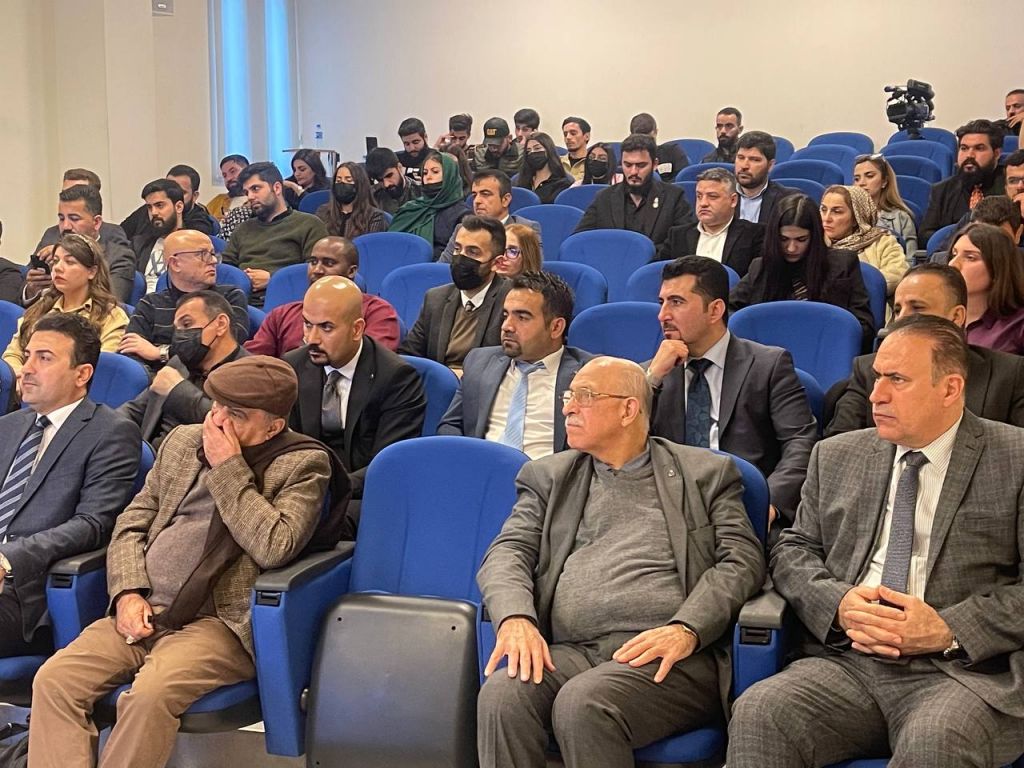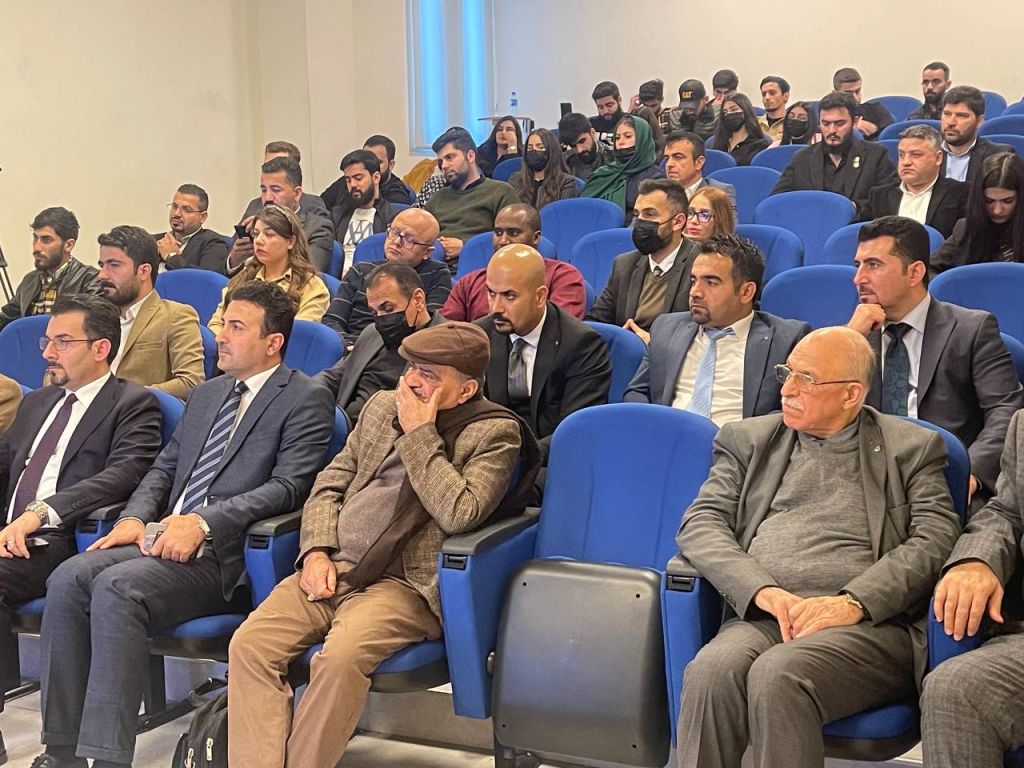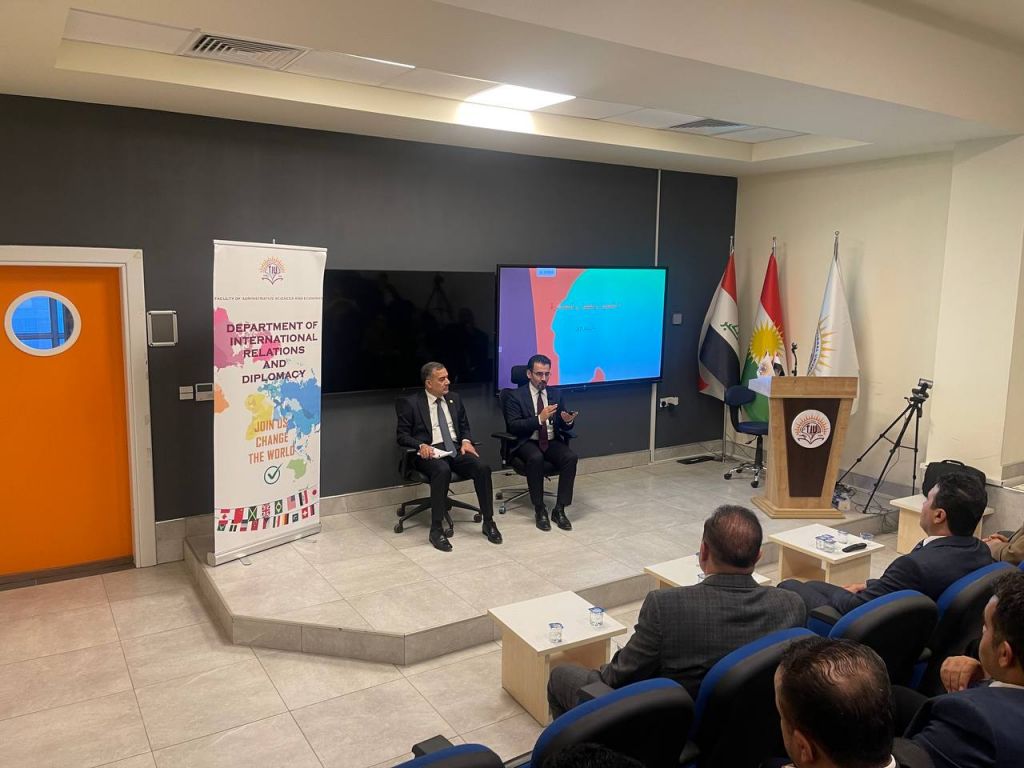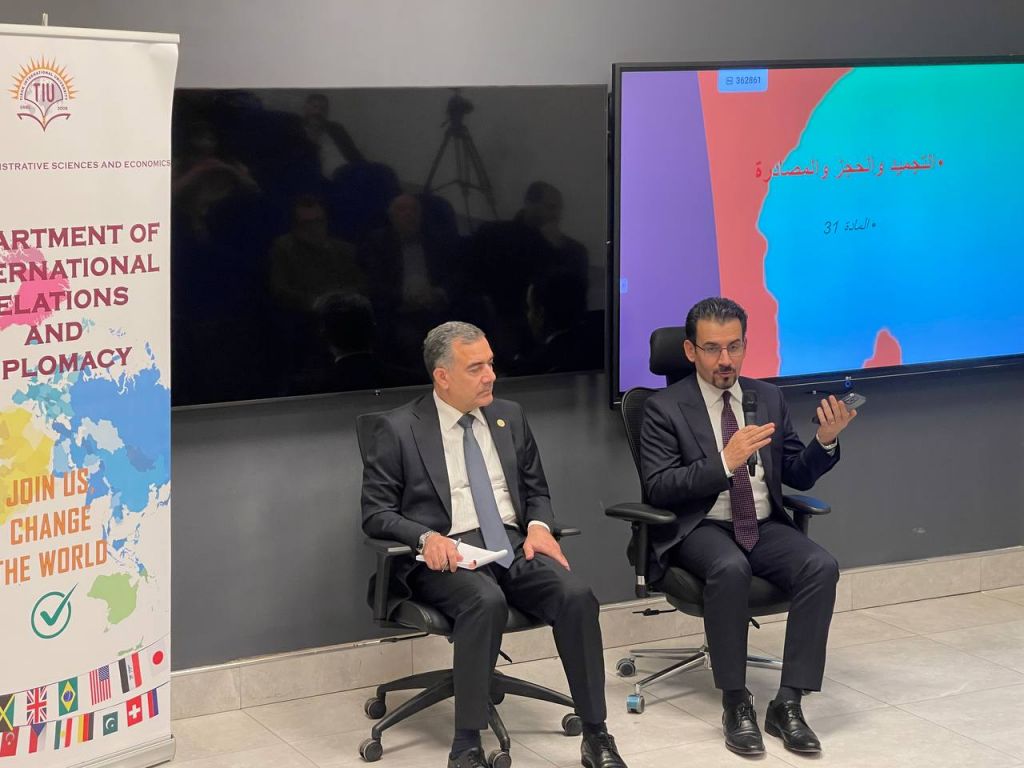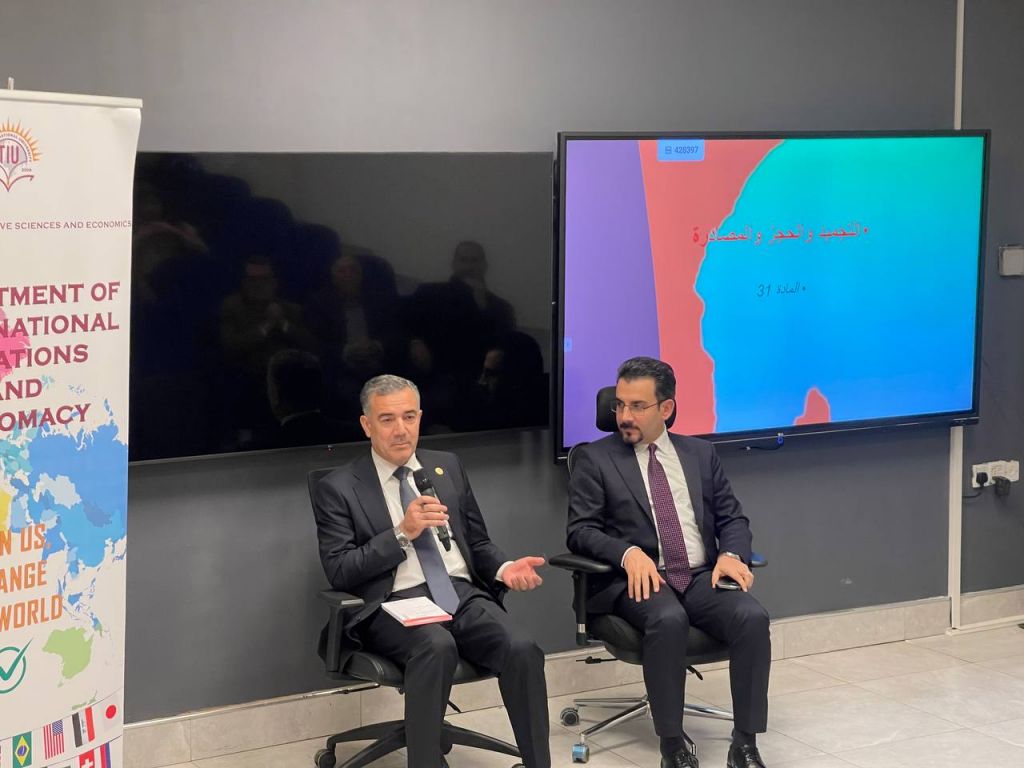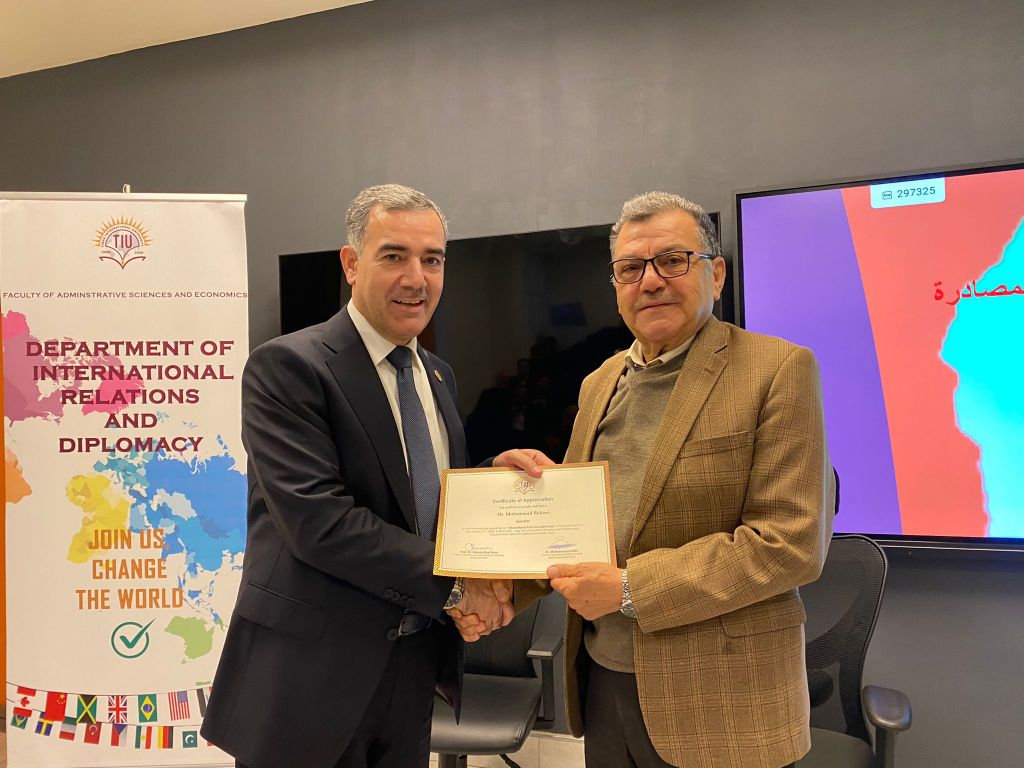National Workshop on International Anti-Corruption Day
The Department of International Relations and Diplomacy, Faculty of Administrative Sciences and Economics at Tishk International University, organised a National Workshop on International Anti-Corruption Day, held on 11th December 2022. International Anti-Corruption Day is observed annually on 9th December, as declared by the United Nations, following the passage of the United Nations Convention against Corruption on 31st October 2003, to raise public awareness and draw the attention of the world to the scourge of corruption, and the need to deepen global efforts at fighting it.
The workshop began with a welcome address by Dr. Huseyin Mohammed, Dean of the Faculty of Law, and the two distinguished speakers, Dr. Hemn Merany, General Director of Diwan, Ministry of Interior-KRG and Dr. Mohammad Rekani, General Prosecutor of the Public Prosecution Authority in Erbil Appellant Court made their presentations. The first speaker, Dr. Hemn Merany, presented on: Corruption Prevention – Ways to Minimise the Opportunities, and explained that corruption is the abuse of public wealth and power for private gain, which requires the involvement of someone in the public sector.” Corruption is harmful because it undermines the public’s trust in the Government and state institutions. He took the participants through the three corruption prevention mechanisms of the KRG, which include transparency, auditing and reporting and government self-monitoring. The second speaker, Dr. Mohammad Rekani, discussed the state of corruption in relation to the United Nations Convention against Corruption, Corruption Perceptions Index (CPI) and the position of Iraq, where he explained that the CPI ranks states by their perceived levels of public sector corruption, as determined by expert assessments and opinion surveys. Corruption is defined by the CPI as an abuse of entrusted power for private gain. It has been published annually by Transparency International since 1995. The 2021 CPI, published in January 2022, ranks 180 states around the globe on a scale from 100 (very clean) to 0 (highly corrupt) based on the situation between 1st May 2020 and 30th April 2021.
The two distinguished speakers made the following recommendations:
- Prevention of corruption in all spheres should be given priority, as prevention is better than cure.
- Societal participation in the prevention of corruption and observance of the Rule of Law, especially its three cardinal principles of equality before the law, the supremacy of the law and protection and promotion of the inalienable rights of citizens/people
- Activating the anti-corruption organisations.
The Q & A session followed, where the speakers responded adequately to all the questions that were asked by the participants, including academics, seasoned administrators, policymakers, arbitrators and students. Dr. Mohammad Salih Mustafa, Head of the IRD Department, delivered the vote of thanks and further shed light on the menace of corruption, and its negative impact on society and sustainable development, with reference to political philosophy and Islam. Finally, Certificates of Appreciation were issued to the two distinguished speakers and the official host, Mr. Firsat Shakur Omer.


